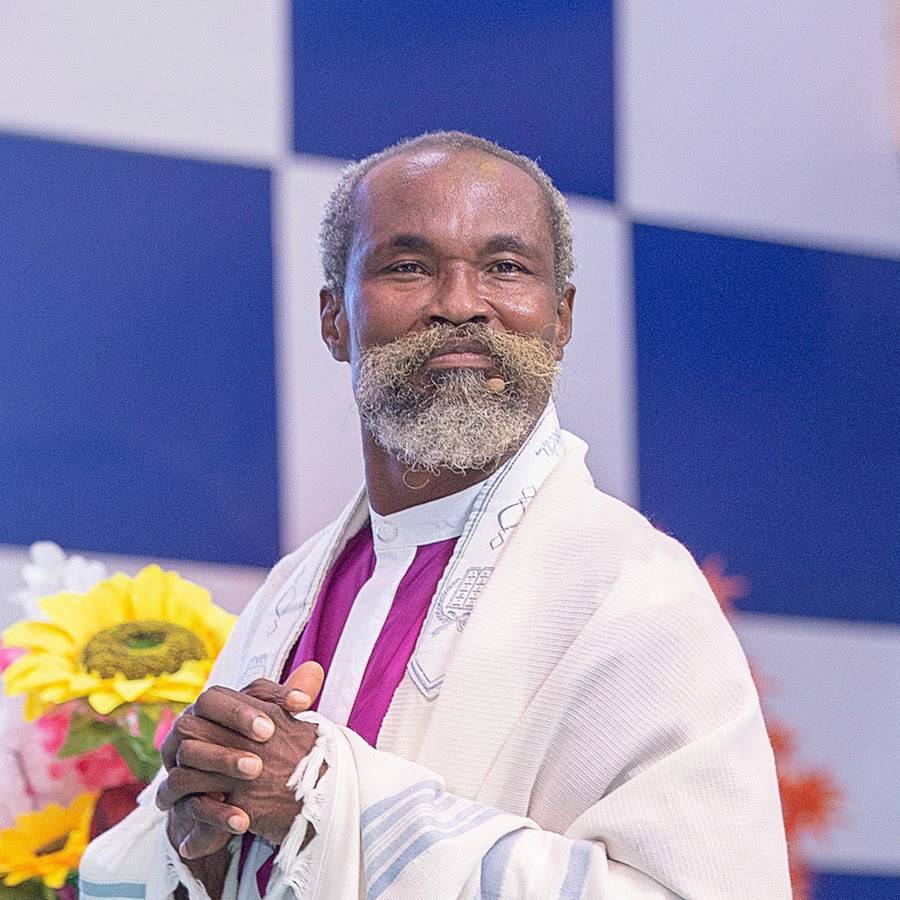You Will Still Lose Even If All The Pastors Support You - Adom Kyei Duah Serves Strong Notice
Adom Kyei Duah, a prominent Ghanaian pastor and founder of the Believers Worship Centre, has recently stirred public discussion with his remark directed at political leaders and their reliance on religious endorsements. Addressing a gathering, Kyei Duah made it clear that the endorsement of pastors alone would not secure victory for political candidates, as ultimate success is determined by factors beyond religious support. His statement, “You will still lose even if all the pastors support you,†is a warning to political leaders who may be overly dependent on the influence of the clergy for electoral success.
Kyei Duah’s comments resonate with the current political landscape in Ghana, where religious influence is significant. Many political figures have long associated themselves with prominent pastors and prophets, seeking blessings and prophecies to bolster their public image and gain favor among religious communities. Ghana is known for its high level of religious observance, and religious leaders hold a respected position in society, which makes their influence particularly relevant during election periods.
However, Kyei Duah’s remark suggests a different perspective, emphasizing that political success is rooted in tangible performance, credibility, and connection with the electorate, rather than merely in the endorsements from clergy. He stressed that politicians who rely solely on religious backing without delivering on promises or addressing pressing issues will likely be disappointed. His message challenges the notion that spiritual support guarantees victory and urges politicians to focus on serving the people’s needs directly.
The statement also sheds light on a broader conversation about the role of religion in Ghanaian politics. The alignment between politicians and pastors is often scrutinized, with critics arguing that it leads to religious leaders becoming overly entangled in political affairs. Such relationships may blur the lines between church and state, with some fearing that pastors might wield undue influence over electoral outcomes. Kyei Duah’s words act as a call to religious leaders to reconsider the extent of their involvement in politics and to focus on their primary spiritual duties rather than serving as political allies.
Kyei Duah’s comments have sparked mixed reactions. Supporters of his viewpoint argue that politicians should indeed focus more on actionable policies, transparency, and service delivery, rather than seeking endorsements from the pulpit. They believe that these factors will ultimately resonate more with voters than religious endorsements. On the other hand, some believe that pastors do have a role to play in guiding their congregations on moral and ethical grounds, including political matters, given their influence and position in society.
The statement from Kyei Duah comes at a time when Ghana is approaching another general election, with major candidates already aligning with various religious figures. The country’s political dynamics often reflect an intersection between faith and leadership, with political leaders regularly seeking blessings from spiritual leaders. However, Kyei Duah’s warning encourages a shift in perspective, urging both politicians and the public to value integrity and public service over religious showmanship.
In summary, Adom Kyei Duah’s assertion serves as a potent reminder that religious endorsement is not a substitute for the hard work required to earn the people's trust. His call urges politicians to focus on the fundamentals of leadership—credibility, delivery, and accountability. In a politically charged environment, his statement adds an important voice to the ongoing debate on the intersection of religion and politics in Ghana, promoting a future where leaders are judged by their track record rather than by the blessings they seek.




No comments yet
Be the first to share your thoughts!